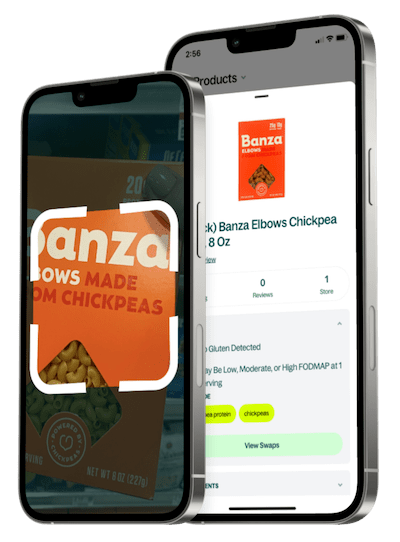Is Enfamil NeuroPro Infant Formula, Milk-Based with Iron, 0-12 Months Dairy Free?


Ingredients
Water, Nonfat Milk, Lactose, Vegetable Oil (Palm Olein, Soy, Coconut, And High Oleic Sunflower Oils), And Less Than 2%: Whey Protein-Lipid Concentrate (Milk) (A Source Of Mfgm (Milk Fat Globule Membrane), Galactooligosaccharides (A Type Of Prebiotic), Polydextrose (A Type Of Prebiotic), Mortierella Alpina Oil (A Source Of Arachidonic Acid (Ara), Schizochytrium Sp, Oil (A Source Of Docosahexaenoic Acid (Dha), Whey Protein Concentrate, Potassium Citrate, Calcium Carbonate, Calcium Chloride, Magnesium Phosphate, Sodium Chloride, Calcium Phosphate, Ferrous Sulfate, Zinc Sulfate, Cupric Sulfate, Manganese Sulfate, Sodium Selenite, Potassium Iodide, Mono- And Diglycerides, Soy Lecithin, Ascorbic Acid, Sodium Ascorbate, Vitamin E Acetate, Niacinamide, Calcium Pantothenate, Vitamin A Palmitate, Thiamin Hydrochloride, Riboflavin, Vitamin B6 Hydrochloride, Folic Acid, Vitamin K1, Biotin, Vitamin B12, Carrageenan, Choline Chloride, Inositol, Vitamin D3, Taurine, L-Carnitine.
What is a Dairy Free diet?
A dairy-free diet eliminates all foods made from or containing milk and milk-derived ingredients, such as butter, cheese, yogurt, and cream. It's essential for people with lactose intolerance, milk allergies, or those who prefer plant-based alternatives. Common dairy substitutes include almond, soy, oat, and coconut-based milks and cheeses. While dairy is a major source of calcium and vitamin D, these nutrients can be replaced through fortified foods or supplements. Many people find going dairy-free helps reduce digestive issues, acne, or inflammation, but balance and proper nutrient intake remain key for long-term health.


